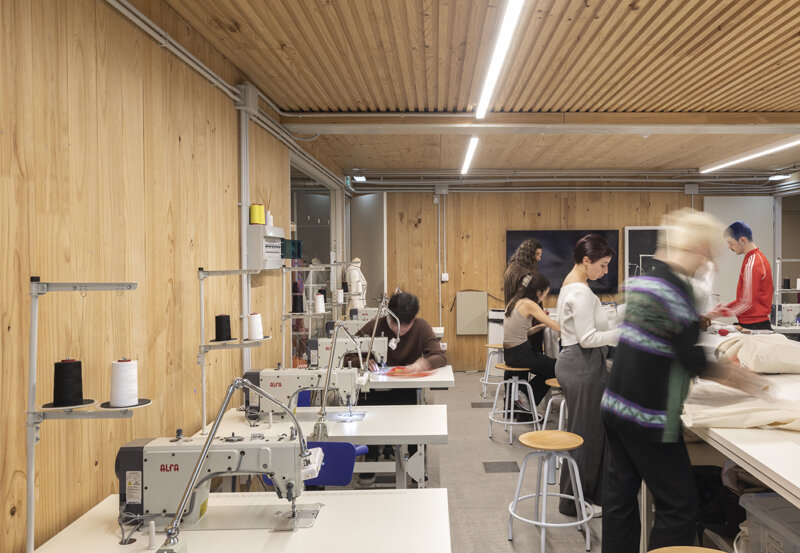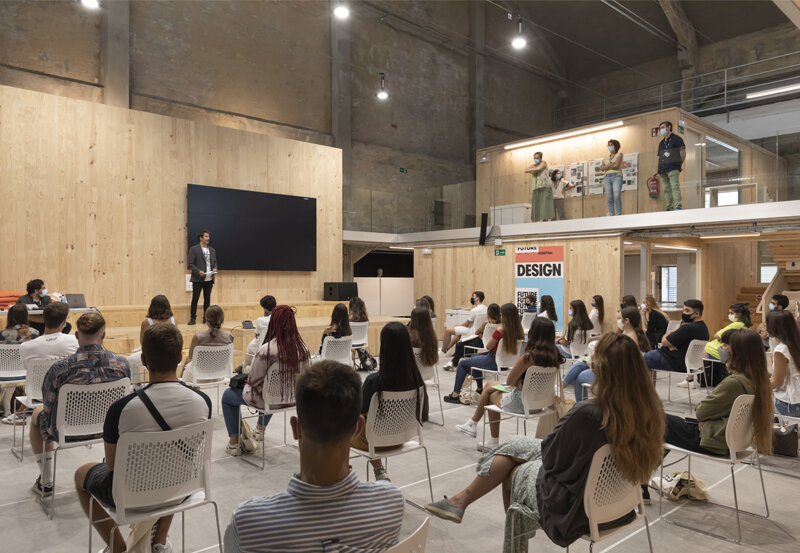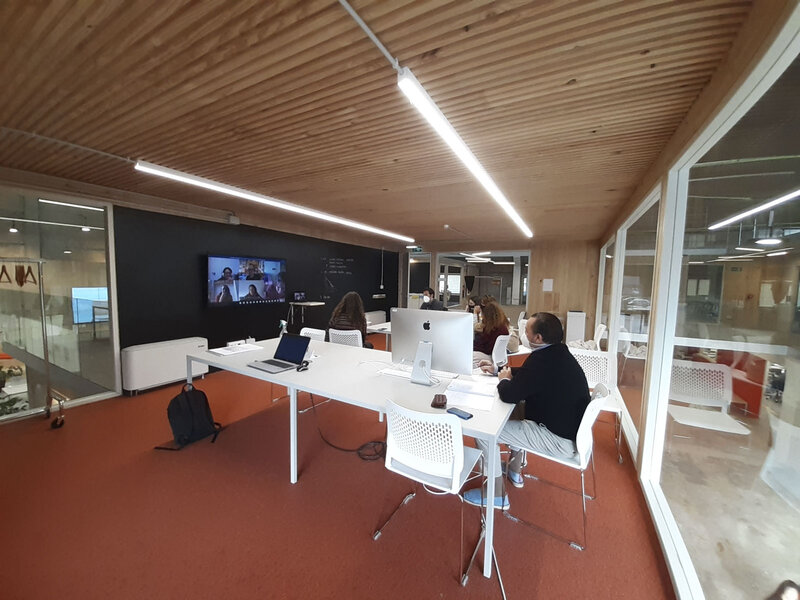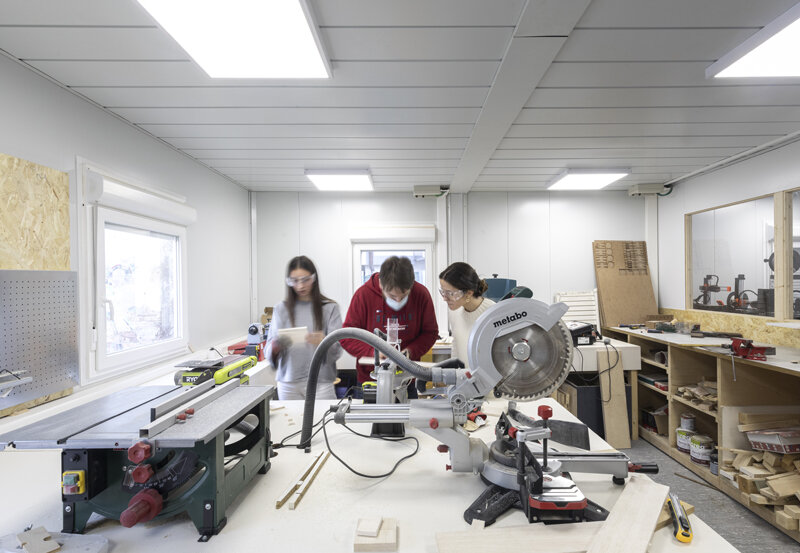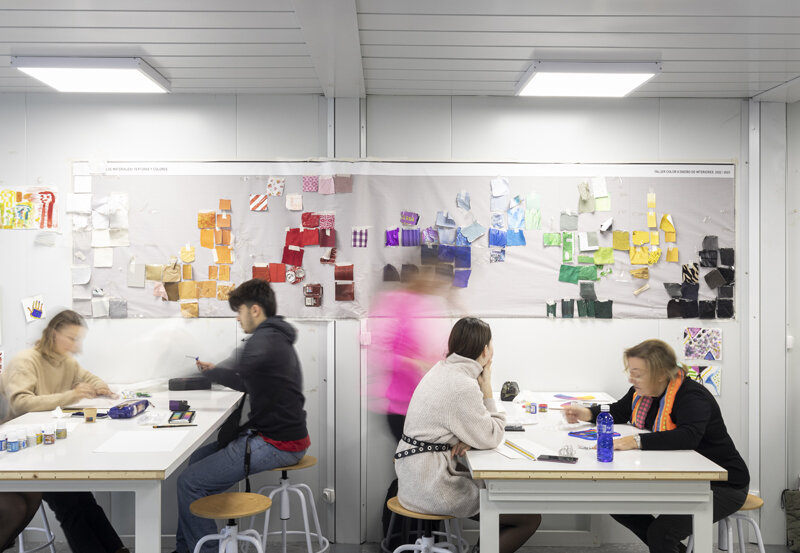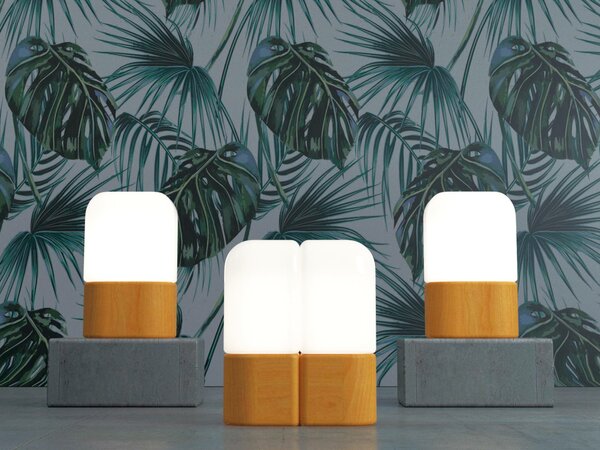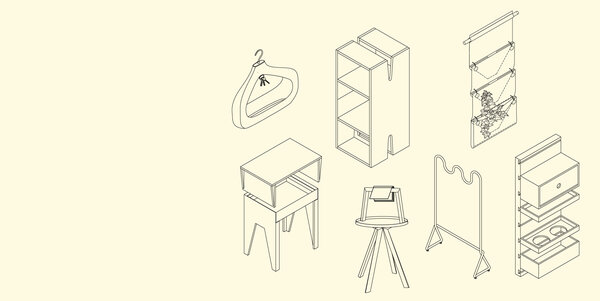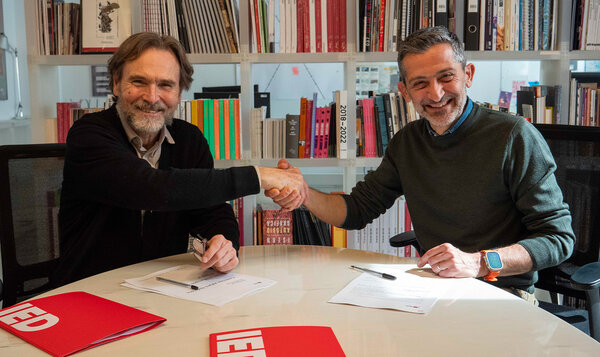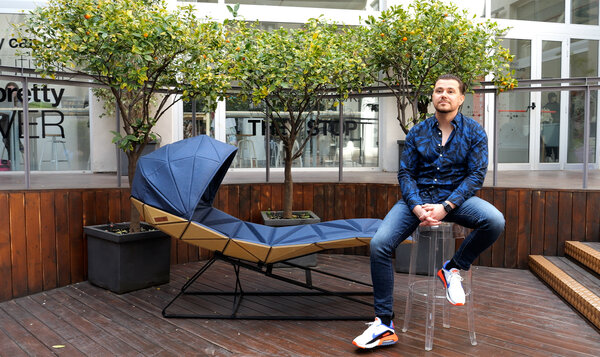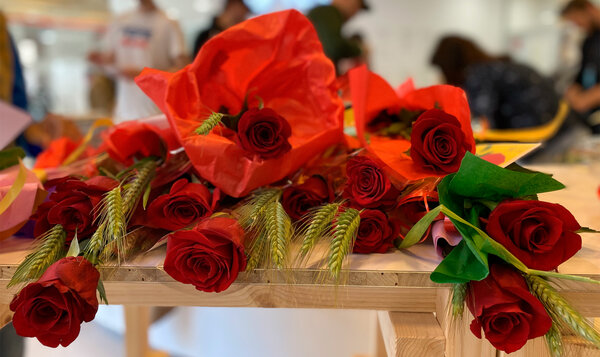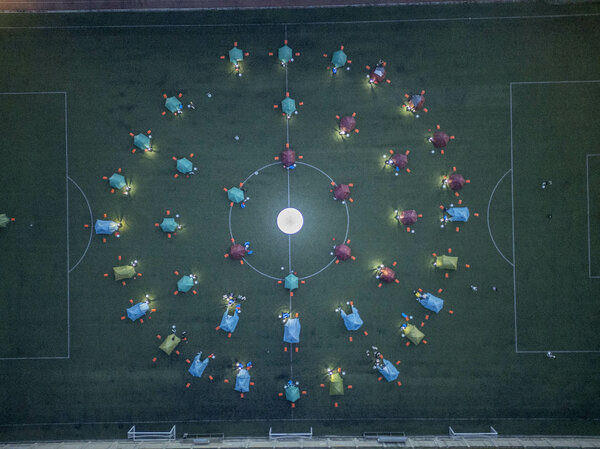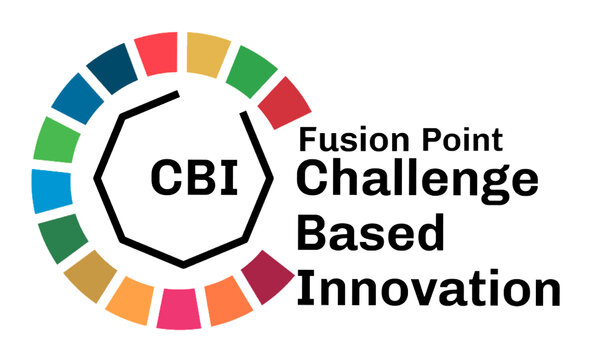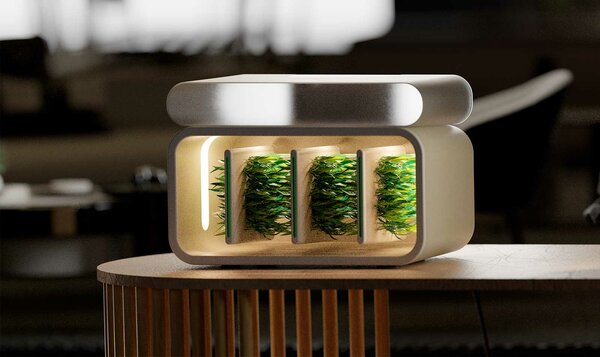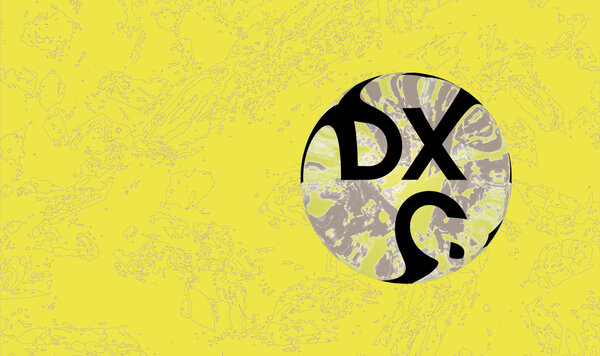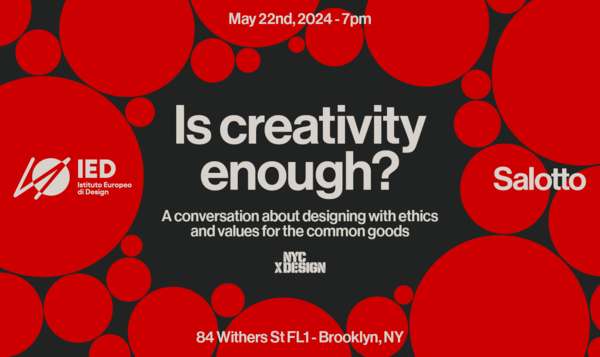
Food Design
A pioneering programme merging gastronomy and design thinking to address the major challenges of the food industry
ESP
Language
Spanish
Start date
October 2024
Frequency
Evening
Fruition
On campus
Duration
9 Months
Credits
60 IED (450 horas)
Course Coordination
Sergi Freixes, Iván Merino
Price
Creation of innovative design products and experiences at a centre of excellence in this discipline.
The Master in Food Design at IED Kunsthal Bilbao was the first programme in Spain to address the creation and management of innovative projects for the food industry and gastronomy-related sectors through design thinking.
Through experimentation and a critical approach, you will learn how to design or reinvent products and experiences in an efficient and sustainable way to meet the challenges of a sector that needs to move towards responsible consumption and requires specialised professional profiles.
Along the way, you will discover specific techniques, processes, skills and methodologies to promote innovation in the food sector, using tools such as research, creativity and communication.
Information to decide
Advanced training designed by one of the largest educational groups in design, integrating this discipline into the field of gastronomy to drive innovation.
In this master´s degree you’ll study theory and gain experience to give you the mindset you need to set up and implement an effective research process.
You’ll discover how to analyse information to prepare work plans and propose viable concepts, using conceptualisation strategies to develop sustainable, feasible, innovative ideas.
The program is based on face-to-face classes with visits to companies, laboratories, research centres and Food Design spaces. The culmination of the program is the presentation of your Final Project as your Master's Thesis.
The Master’s Degree in Food Design is a cross-disciplinary program for students and graduates in different fields of design (graphic design, product design, interior design, etc.).
Managers and/or directors of companies operating in the food sector who want to update their vision of the gastronomic and food world from a creative perspective will also find this program particularly interesting and useful.
It’s also ideal for professionals working in architecture, professionals working in marketing or communication and people who work directly or indirectly in the food sector and the culinary arts.
This is the first master’s programme in Spain to combine gastronomy and design thinking to promote innovation. It is therefore a pioneering programme in its field, as it introduces the design perspective to promote new professional profiles in high demand.
The only private center for higher education in design in the Basque Country, IED Kunsthal Bilbao is also part of an international network, with 11 campuses in Italy, Spain and Brazil, which boasts over 50 years of history in design education.
Studying in Bilbao is an advantage, because you will develop your education in an area of international gastronomic prestige, coming into contact with leading companies and building a solid networking.
At the end of your training, you will have acquired the profile of a food designer capable of working on your own or holding positions in the research and development, communication and marketing departments of food companies.

Master's Programs and Master of Arts Scholarships Competition
Seize the opportunity, 142 Scholarships available
Syllabus
What will you learn?
In this course you’ll learn how design can help improve the way we live and how food consumers, traders, producers and regulatory bodies interact. You’ll discover the best strategies and the most effective methods to improve well-being and live in a more sustainable way, and exactly how to implement them.
MODULE 1: THINKING, RESEARCH AND METHODOLOGY
The philosophy and methodology of Food Design
The relationship between food and design (Research)
The relationship between the consumer and the product (New business strategies)
The history and culture of design and gastronomy (Research)
Concept creation (Design Thinking)
MODULE 2: THE ORIGINS OF FOOD AND FOOD PROCESSES
Product identification and seasonality (Sustainability and consumer habits).
Manual and mechanical harvesting and production processes
The evolution of foodstuffs and returning to an ancestral diet
The colour range, shape and texture of food
Designations of Origin, regulations and regulatory bodies
MODULE 3: DESIGN FOR FOOD AND DESIGN FOR NUTRITION
Edible design
Containers and utensils (Design for Food)
Eco-packaging / Sustainable food packaging
Graphic design for food and catering
Interior design for gastronomic spaces
Food Event Design
MODULE 4: TECHNICAL EXPERTISE AND RESOURCES
Food Tech. Science and nutrition
Cereals and bread
Fruit and vegetables
Meat and fish
Design and extra virgin olive oil
Design and sweet things
Drinks and food pairing
MODULE 5: COMMUNICATION AND TRENDS
Food Art / Palatable poetry
Multisensory stimulation
Food and sustainability
New consumption and dietary trends
Raw food
Gastronomic marketing
Gastronomic communication
MODULE 6: FINAL PROJECT
Art Direction and briefing
Project development, feasibility and execution
Coordination and implementation
Communication Strategies and Public Speaking










